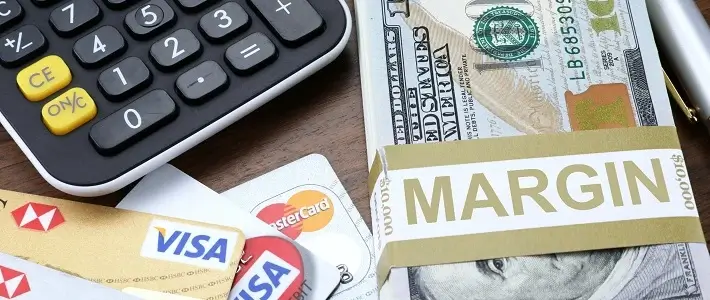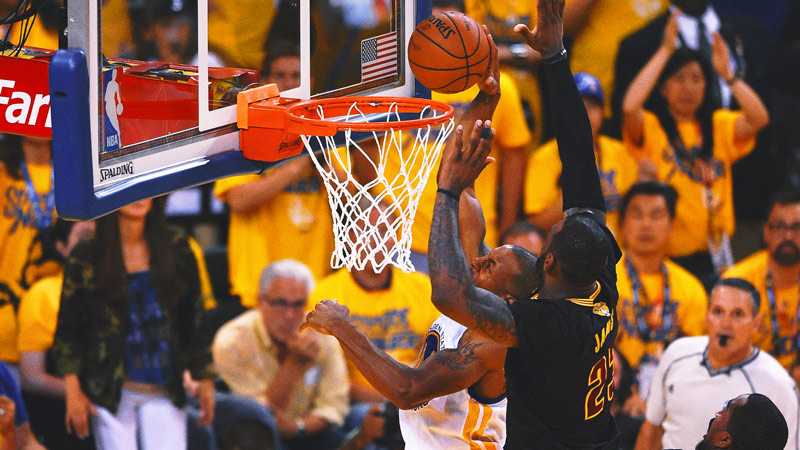Betting on sports events or other outcomes has been a popular form of entertainment and, for some, a serious source of income for centuries. However, it’s not just about picking the right team or outcome; understanding the mathematics and financial aspects of betting is equally crucial. One such financial aspect is the bookmaker commission, which often goes unnoticed but can significantly impact your overall profitability. In this comprehensive guide, we will delve into the world of bookmaker commissions, explaining what they are, how they work, and how you can calculate them. By the end of this article, you’ll be well-equipped to make more informed and profitable betting decisions.
Understanding the Basics
Bookmaker commission, also known as the overround or vig, is essentially the house’s edge in a bet. It’s the percentage of the total wagers placed on a particular event that the bookmaker keeps as profit, regardless of the outcome. This is how bookmakers make money, and it’s embedded in the odds they offer.
The Importance of Commission
- It affects the true odds: The commission is built into the odds offered by the bookmaker. To understand the real probabilities of an event, you need to account for this commission.
- Impacts profitability: High commission rates can significantly reduce your long-term profitability. Recognizing this allows you to seek out bets with lower commissions.
- Comparing bookmakers: Different bookmakers may offer different commission rates on the same event. Knowing how to calculate and compare these rates can lead to more favorable betting opportunities.

Factors Affecting Bookmaker Commission
Several factors influence the commission charged by bookmakers:
-
Competition: In a competitive market, bookmakers may lower their commission rates to attract more bettors.
-
Event Popularity: For popular events with high betting volumes, bookmakers may charge lower commissions due to the increased number of bets.
-
Bet Type: Commission rates may vary depending on the type of bet, with more complex bets potentially having higher commissions.
-
Bettor Profile: Some bookmakers may offer lower commission rates to high-volume bettors or those with a proven track record of success.
Calculating Bookmaker Commission
The Break-Even Percentage
To calculate bookmaker commission, we first need to understand the concept of the break-even percentage. The break-even percentage represents the percentage of the total outcome possibilities that must win for a bet to break even.
For a simple two-outcome event (e.g., a coin toss or a soccer match where a draw is not possible), the break-even percentage is straightforward. It’s 50% because one outcome wins, and the other loses. However, for events with more outcomes (e.g., horse racing with multiple horses), it becomes more complex.
The Overround
The overround, expressed as a percentage, is a measure of how much the bookmaker is charging as commission. To calculate the overround, you’ll need the odds offered by the bookmaker for all possible outcomes of an event.
Here’s the formula for calculating the overround:
Overround (%) = [(1 / Odds for Outcome A) + (1 / Odds for Outcome B) + …] – 1
Let’s take an example to illustrate this:
Suppose you want to calculate the overround for a tennis match between Player A and Player B. The odds are as follows:
- Player A to win: 1.75
- Player B to win: 2.00
Using the formula:
Overround (%) = [(1 / 1.75) + (1 / 2.00)] – 1 Overround (%) = (0.5714 + 0.5) – 1 Overround (%) = 1.0714 – 1 Overround (%) = 0.0714 or 7.14%
In this example, the bookmaker’s commission (overround) is 7.14%.
Comparing Bookmakers
Bookmakers aren’t all the same, and their commission rates can vary significantly. Comparing bookmakers allows you to find better odds and potentially increase your profits over time. Here’s how you can do it:
Shopping for Value
Shopping for value involves comparing the overrounds offered by different bookmakers for the same event. When calculating the overround for multiple bookmakers, opt for the one with the lowest overround. The lower the overround, the smaller the bookmaker’s commission, and the better the odds for you.
For example, if Bookmaker A offers an overround of 5%, while Bookmaker B offers an overround of 6% for the same event, it’s more advantageous to place your bet with Bookmaker A as their commission is lower.
The Importance of Line Shopping
Line shopping is a process that involves checking multiple bookmakers for the best odds before placing a bet. This approach can lead to significant long-term gains, as it allows you to consistently find better odds and reduce the impact of the bookmaker’s commission.
In today’s digital age, several online tools and websites can help you quickly compare odds from different bookmakers, making line shopping easier than ever.

Understanding Probability
To mitigate the impact of bookmaker commission, you need a solid understanding of probability. By assessing the real probabilities of an event, you can determine whether a particular bet offers value or not. If your assessment suggests that the bookmaker’s odds offer a better chance of winning than they imply, it’s a valuable bet.
Smart Bankroll Management
Proper bankroll management is crucial when dealing with bookmaker commissions. By allocating your funds wisely and employing the right staking strategy, you can protect your bankroll and maximize your profits over time.
Value Betting
Value betting is the core strategy for minimizing the impact of bookmaker commission. It involves identifying bets where the implied probability in the odds is lower than your assessed probability. These bets offer a positive expected value (EV) and are key to long-term profitability.
Advanced Concepts
Asian Handicaps
Asian handicaps are a popular market in sports betting, especially in soccer. They can be used to reduce the impact of bookmaker commission by eliminating the possibility of a draw. Asian handicaps provide various options, including quarter goals, which can offer more precise betting opportunities.
Betting Exchanges
Betting exchanges like Betfair operate differently from traditional bookmakers. They allow bettors to bet against each other, eliminating the bookmaker’s commission. However, exchanges charge a commission on net winnings, so it’s essential to consider this when evaluating your overall profitability.
Bookmaker commission is an integral part of the sports betting landscape. Understanding how to calculate and factor in commission is essential for bettors to make informed decisions and maximize their potential for success.





